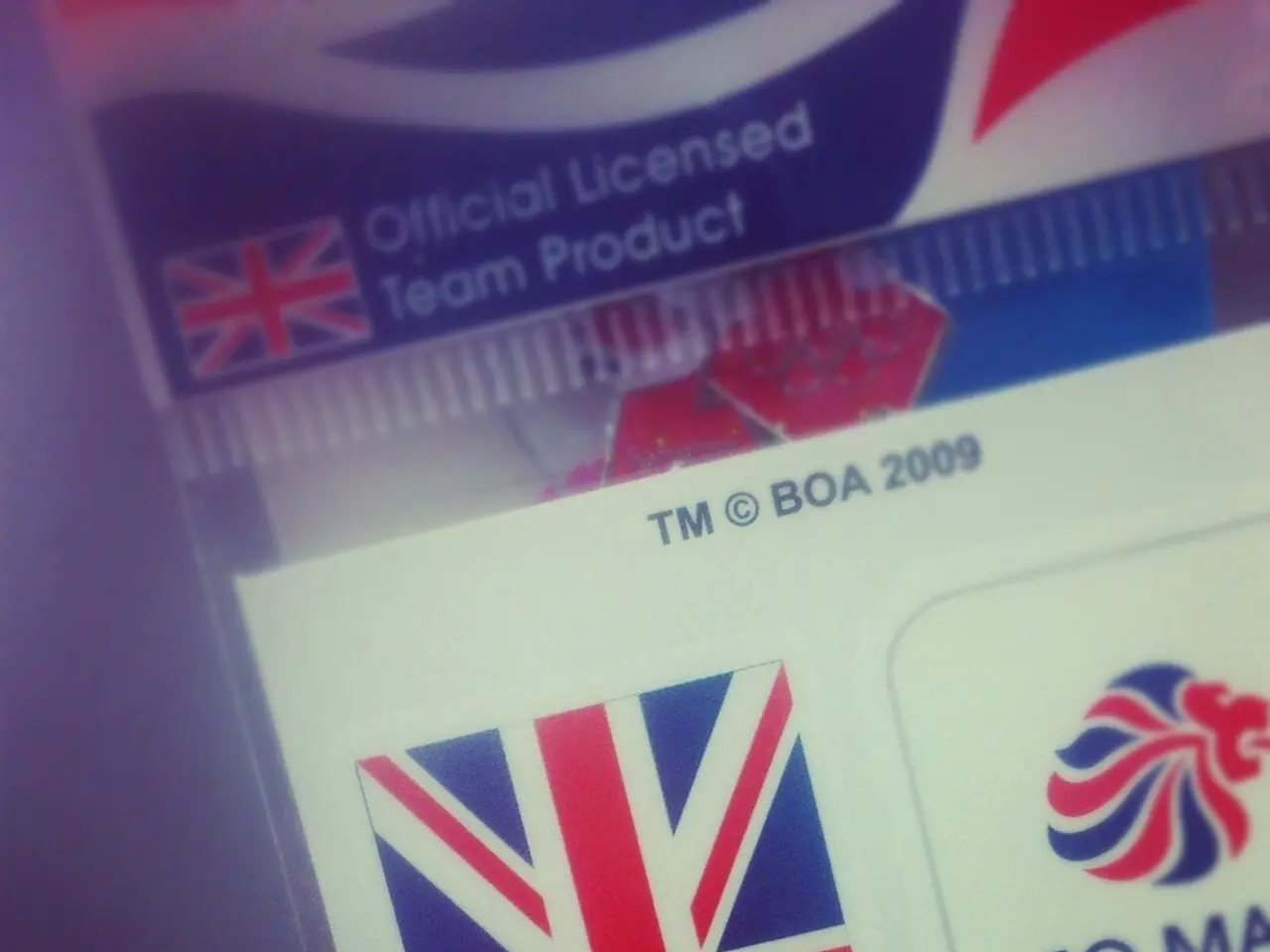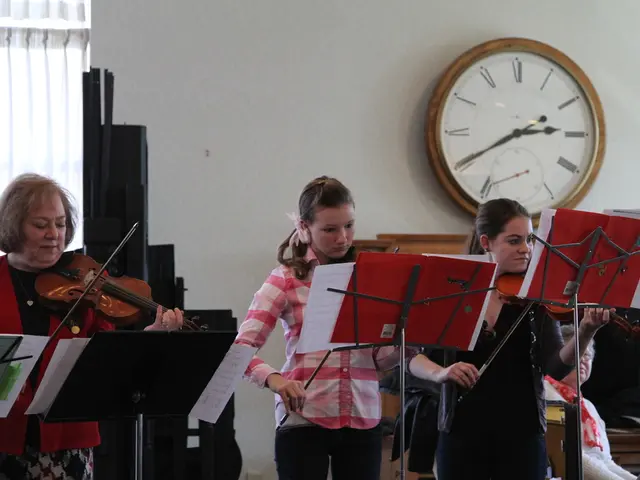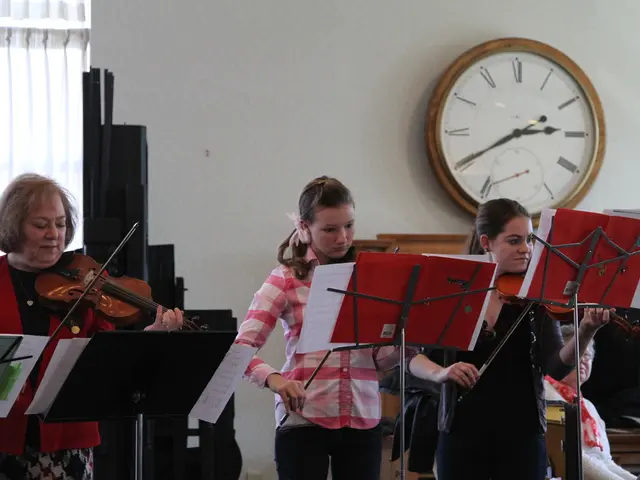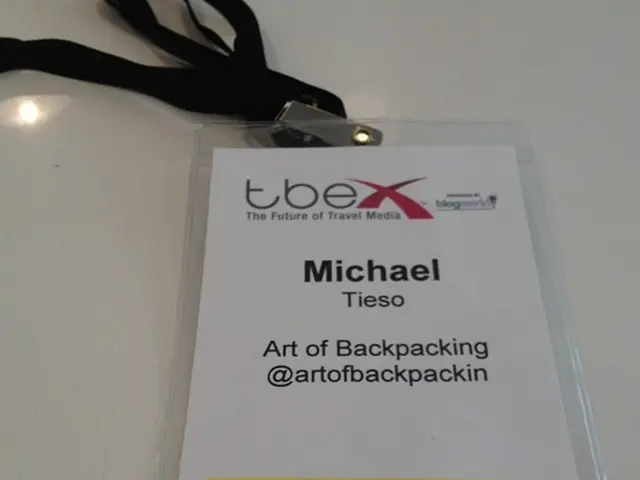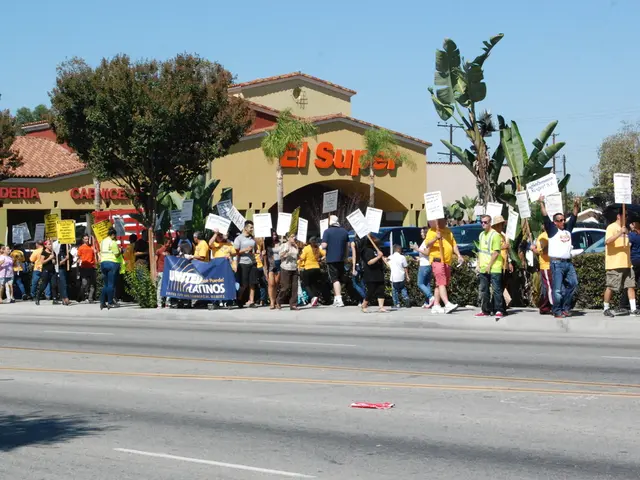Tunisia Implements Blockchain Technology for Authenticating Credentials
The Unified Arab System for Diploma Authenticity Verification and the eVerify system in Mauritius are two regional initiatives aimed at streamlining degree validation across Arab nations and Mauritius respectively. These systems are part of ongoing efforts to address concerns related to the authenticity and verification of government-issued credentials.
The Unified Arab System, a regional initiative led by the Arab League Educational, Cultural, and Scientific Organization (ALESCO), is designed to guarantee the security and accessibility of the information stored. It works by integrating directly with the student data-management systems of universities before diploma information is input into the blockchain-based system. This integration ensures that the diplomas verified and uploaded to the blockchain come from trusted official sources, minimizing the risk of forged or fraudulent credentials entering the system.
In Mauritius, the eVerify system uses Singapore's Ethereum-based Open Attestation technology. When a government issues a certificate, cryptographic proof of the document is scanned and uploaded onchain, and a QR code is printed on the document, linking it to a secure digital record. This ensures that only legitimately issued certificates are recorded on the blockchain, with the immutability of the blockchain guaranteeing the authenticity of the stored documents.
However, it's crucial to note that these systems are not infallible. If bad actors tamper with a certificate before it is fed into the blockchain-based system or feed it with fraudulent credentials, the system is blindsided and cannot determine its authenticity. The system's approach to combating diploma forgery relies on pre-blockchain authentication via official institutional integration, preventing fraudulent credentials from being uploaded in the first place.
Tunisia participated in a pilot of the Unified Arab System with Algeria, Egypt, and Libya in the previous year. The country formalized its adoption of the system by signing an agreement with ALESCO in November. Tunisia launched the Unified Arab System for Diploma Authenticity Verification on February 28, 2023, as part of the country's digital transformation strategy.
The adoption of these systems is expected to enable agencies and recruiters to easily verify diplomas from local higher institutions in Tunisia and across the Arab world, improving the efficiency of educational systems and enhancing trust in the authenticity of credentials. The detailed breakdown of how these systems work is currently not publicly available.
- The Unified Arab System, an initiative spearheaded by ALESCO, incorporates blockchain technology for securing diploma information, promoting integrity and accessibility in the region.
- In addition to the Unified Arab System, Mauritius harnesses Ethereum-based Open Attestation technology via the eVerify system for authenticating government-issued certificates.
- As technology continues to evolve, innovation in the form of blockchain-based systems such as the Unified Arab System and eVerify is expected to revolutionize the finance and education-and-self-development sectors, bolstering trust and efficiency.
- Despite the protective measures implemented, these systems are vulnerable if credentials are tampered with before they are input into the blockchain, showcasing the importance of pre-blockchain authentication via official institutional integration for ensuring the system's effectiveness.
